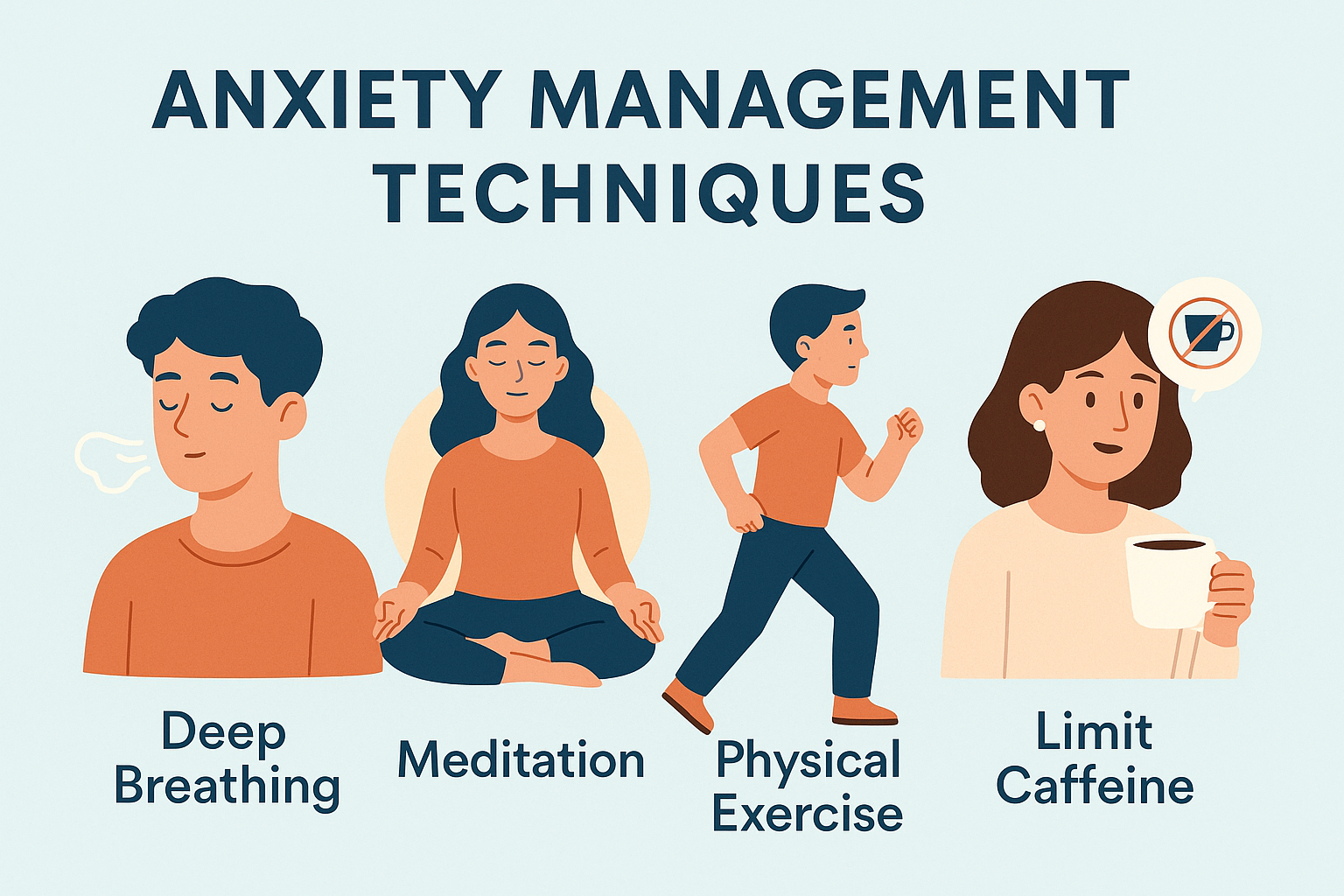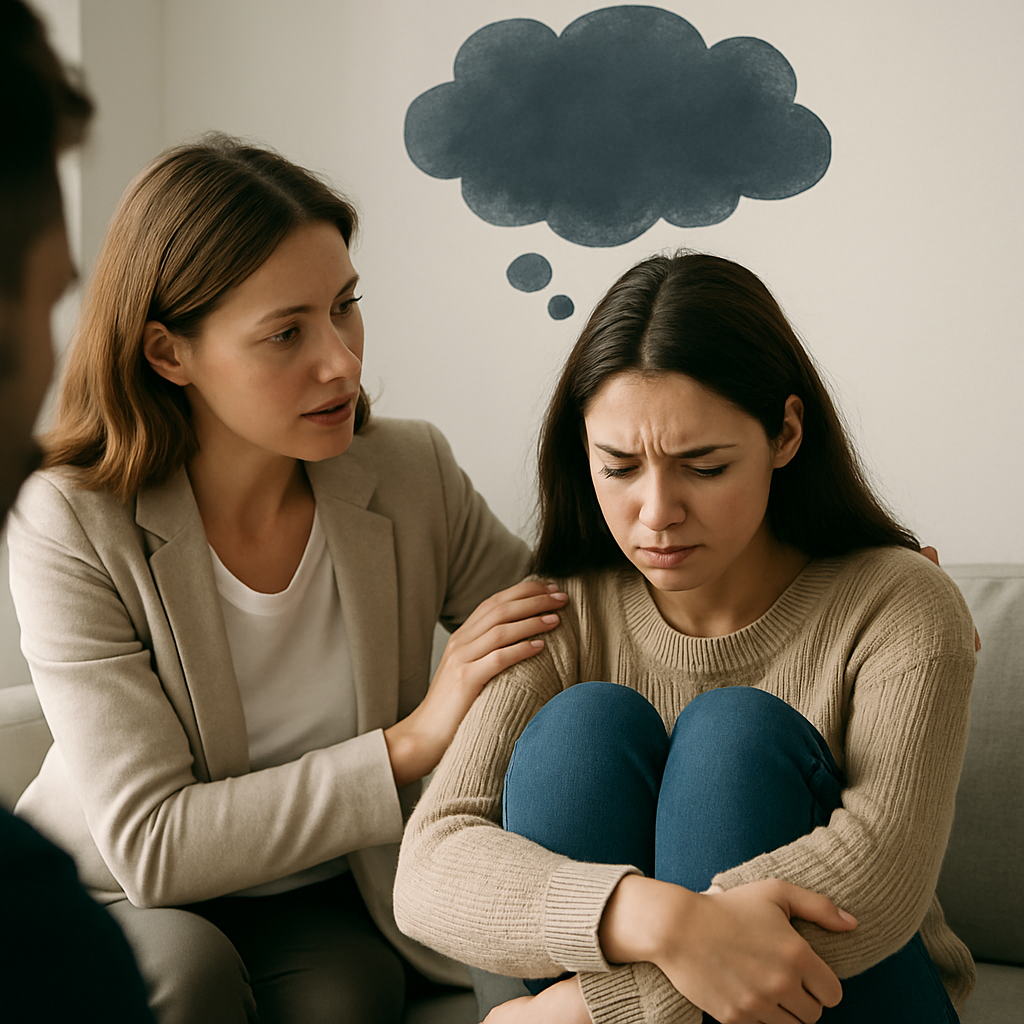
Why Talking About Depression Is the Bravest Thing You Can Do
It takes real strength to speak up when you're hurting inside. Talking about depression isn’t easy—it can feel heavy, uncomfortable, and even a little frightening.
But choosing to open up is a powerful act of emotional courage that can make a real difference in your life.
Each time you share your struggles, you take an important step toward the support you deserve.
In this blog post, we’ll talk about why reaching out matters, how depression therapy can help you reconnect with yourself, and why taking that first step is one of the bravest things you can do.
Why It Can Be Difficult to Talk About Depression
Even though depression is common, it’s still often misunderstood and surrounded by stigma.
Many people find it hard to talk about their mental health because they're afraid of being judged, feel ashamed, or simply don't know how to put their feelings into words.
In addition, there’s a lot of pressure to always appear happy and in control, making it even harder to admit when something isn’t right.
Because of these challenges, many people suffer in silence. They feel isolated and alone. This silence only strengthens the stigma around mental illness and makes it even harder for those who are struggling to reach out for help.
The Power of Talking About Depression
Talking about depression can be a lifeline for those who are struggling. Opening up can bring relief, validation, and connection that’s often hard to find when carrying the weight alone.
Sharing our experiences creates space for support and understanding, which helps ease feelings of shame and isolation.
Talking openly about depression also plays a powerful role in raising awareness. Sharing your story not only helps you heal, but it also helps others see what living with depression is really like. It breaks down barriers, challenges stigma, and encourages more empathy and compassion for those who are struggling.
5 Ways Depression Therapy Can Help You Feel Better
Getting help from a professional therapist or mental health counselor can make a big difference when you're dealing with depression. Here’s how:
1. Accurate Diagnosis and Personalized Treatment
A therapist can accurately diagnose and create a treatment plan for your needs. They’ll also monitor your progress and adjust your plan when needed to ensure you get the best support possible.
2. A Safe Space to Talk
Depression therapy offers a safe, nonjudgmental space to share thoughts and feelings openly. This can be especially helpful if you don’t feel comfortable opening up to friends or family, or are worried about being judged.
3. Learning Coping Strategies
A therapist can teach you tools and strategies to manage depression symptoms. This might include mindfulness exercises, relaxation techniques, or skills from cognitive-behavioral therapy (CBT) to help you handle tough moments more effectively.
4. Building a Stronger Support System
Through depression support, you can start building a network of support, whether that’s through group therapy or by connecting with helpful resources in your community. Feeling supported can ease loneliness and help you feel less isolated.
5. Staying Motivated and Accountable
A therapist can help you stay committed to your treatment goals. They’re here to cheer you on, encourage, and help you keep moving forward even when things feel overwhelming.
Get Support for Depression at Beckloff Behavioral Health Center in Dallas, TX
At Beckloff Behavioral Health Center, we understand how overwhelming depression can feel.
Our team offers support, guidance, and expert care to help you take the next step toward feeling better.
Reaching out for help takes real bravery, and we honor that courage in every person who walks through our doors.
If you’d like more helpful tips and insights, check out our blog.
Contact us today to schedule an appointment.



